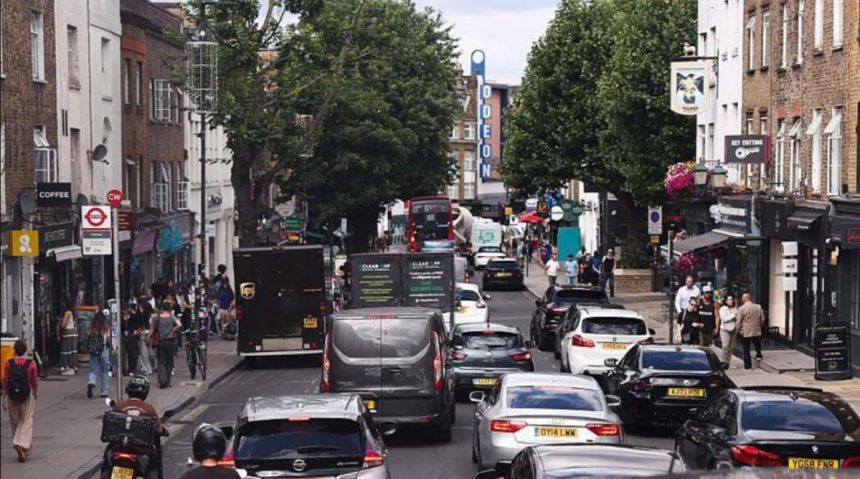Motorists over 70 could lose their licence if they fail compulsory eye tests under proposed changes to driving laws in England and Wales.
The plans, part of a new road safety strategy expected this autumn, also include lowering the drink-driving limit to match Scotland’s and introducing penalty points for not wearing a seatbelt.
The proposals follow an inquest into four deaths linked to drivers with poor eyesight. A coroner called the UK’s licensing system the “laxest in Europe.” Ministers say current road safety messaging is not effective.
“In no other circumstance would we accept 1,600 people dying [on the roads each year], with thousands more seriously injured, costing the NHS more than £2bn per year,” a government source told the BBC.
“This Labour government will deliver the first Road Safety Strategy in a decade, imposing tougher penalties on those breaking the law, protecting road users and restoring order to our roads,” the source added.
In April, HM Senior Coroner for Lancashire Dr James Adeley urged the Transport Secretary to act, saying the enforcement of visual standards for drivers was unsafe. The UK is one of only three European nations relying on drivers to self-report eyesight problems.
Under the new plans, over-70s would have to pass an eye test when renewing their licence every three years.
Peter Browne, 73, from Great Yarmouth, told the BBC he has tried but failed to get an appointment for an eye test. He has glaucoma, which he reported to the DVLA, but continues to drive.
He said, “I’m quite frustrated. If it was found that my eyesight was not of sufficient level to drive, would it be my fault or the NHS for not being able to give me an appointment?”
AA president Edmund King said older drivers “are still relatively safe” but admitted a compulsory test was “a small price to pay” for safety. “When you look at road deaths the big peaks are with young, new drivers and then older drivers – although older drivers it does tend to be those over 80 and 85,” he told BBC Radio 4.
Other proposals include medical checks for conditions such as dementia, lowering the drink-drive limit from 35 to 22 micrograms of alcohol per 100 millilitres of breath, and allowing roadside saliva tests to be used as evidence for drug-driving cases.
Justice minister Alex Davies-Jones described the changes as the most significant in decades, but said they are still under consultation. The government is not currently considering graduated licences for young drivers, which some campaigners support.
Currently, drivers over 70 must renew their licence every three years and inform the DVLA of any eyesight problems, excluding short-sightedness, long-sightedness, or colour blindness.
Rob Heard, founder of the Older Drivers Forum, supports the measures. “All of the new recommendations that are coming out are good,” he said, adding that he backs “compulsory eye sight testing for all ages.”
Kay Hine, 75, from Perthshire, who once ran an optician’s practice, agreed.
“It’s imperative that people prove that they can see,” she said. “Everyone who drives should hold a ‘proof of eyesight standard’ or ‘vision fitness to drive’ from a recent eye examination as they do in most European countries.”
ALSO READ TOP STORIES FROM NIGERIAN TRIBUNE
WATCH TOP VIDEOS FROM NIGERIAN TRIBUNE TV
- Let’s Talk About SELF-AWARENESS
- Is Your Confidence Mistaken for Pride? Let’s talk about it
- Is Etiquette About Perfection…Or Just Not Being Rude?
- Top Psychologist Reveal 3 Signs You’re Struggling With Imposter Syndrome
- Do You Pick Up Work-Related Calls at Midnight or Never? Let’s Talk About Boundaries






